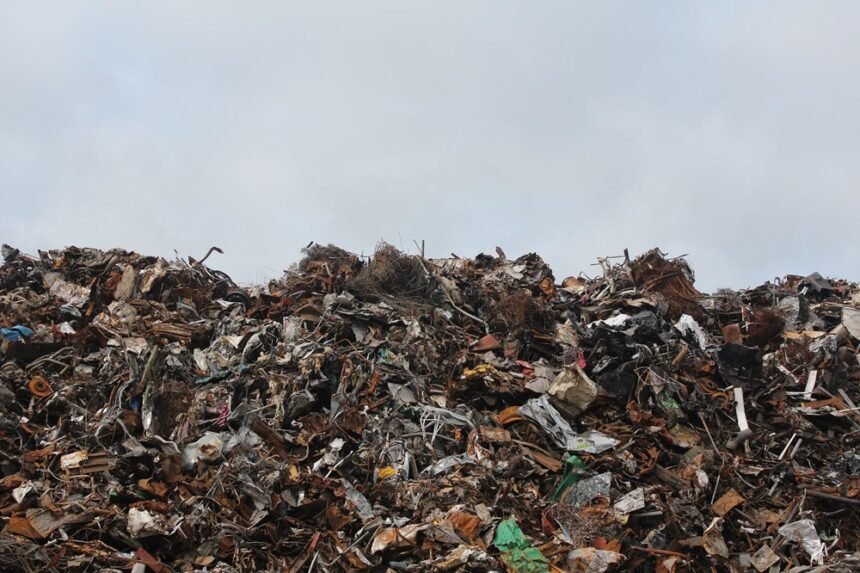You may not give a thought to what happens after you throw away your rubbish, but have you ever wondered what it takes to manage a waste disposal facility? After all, garbage isn’t just a utility issue; it’s also a crucial aspect of our environment and our collective health. So how is waste management optimised to meet these diverse demands? In this post, we dive into the challenges of managing a modern waste disposal facility and the innovative solutions deployed to effectively meet these hurdles.
From worker safety to environmental impact, the sheer complexity of the tasks handled in a waste disposal facility often remain unappreciated in our daily lives. They bear witness to the necessity of reducing waste, repurposing disposed items, and maintaining clean and sustainable means of handling waste. Each piece is a conundrum unto itself; grappling with them is an endeavour human communities around the world have made for centuries.
Join us on this journey as we unravel the tapestry of waste disposal management. We will shed light not only on the difficulties faced but also on how they are brilliantly mastered, contributing to the broader quest for a sustainable world.
The Who and What of Waste Disposal Management
Who is responsible for managing these facilities, and what do their tasks involve? Waste disposal management is usually a public affair, handled by local governments or private companies under contract. The duties range from collecting waste, segregating recyclable materials, safely disposing hazardous waste, to managing the environmental impact of the disposal process.
The Why of Waste Disposal Management
Why is it essential to manage waste disposal adequately? Improperly handled waste can lead to a host of issues, from soil contamination to the spread of diseases. Efficient waste disposal management is vital for maintaining both environmental and public health.
Unveiling the Challenges
Managing a waste disposal facility is fraught with challenges. Worker safety is a significant concern. Handling hazardous material can expose workers to potential harm. Other challenges include mitigating environmental damage and managing the facility’s increasing amount of waste.
Innovation – The Key to Overcoming Challenges
Innovation is key to overcoming these challenges. Advanced machinery and personal protective equipment have significantly improved worker safety standards. Eco-friendly disposal methods and technological advancements in recycling techniques have helped in reducing environmental impact.
The Pros and Cons of Current Waste Disposal Techniques
Every waste disposal technique comes with its pros and cons. Landfills, for instance, are cost-effective but run the risk of leaching contaminating substances into the soil. Recycling is eco-friendly but can be costly. Balancing the pros and cons is the cornerstone of efficient waste management.
Looking Towards a Sustainable Future
What does the future look like for waste disposal management? A shift towards sustainability is apparent, with new research focusing on repurposing waste and reducing the reliance on landfills. The goal is a circular economy, where waste doesn’t end up as waste, but rather gets repurposed to create new products.
Conclusion
In managing waste disposal facilities, we grapple with complex tasks that impact our environment, our health, and our future. The challenges are significant, from ensuring worker safety to mitigating environmental harm. But incredibly, through relentless innovation and commitment to sustainability, we are making strides in overcoming these obstacles. As we look to the future, we see the promise of a more sustainable world, where waste is not just discarded, but repurposed into valuable resources. The journey to that future isn’t easy, but every step taken brings us closer to achieving it. And in that lies the beauty and necessity of managing waste disposal facilities effectively.



